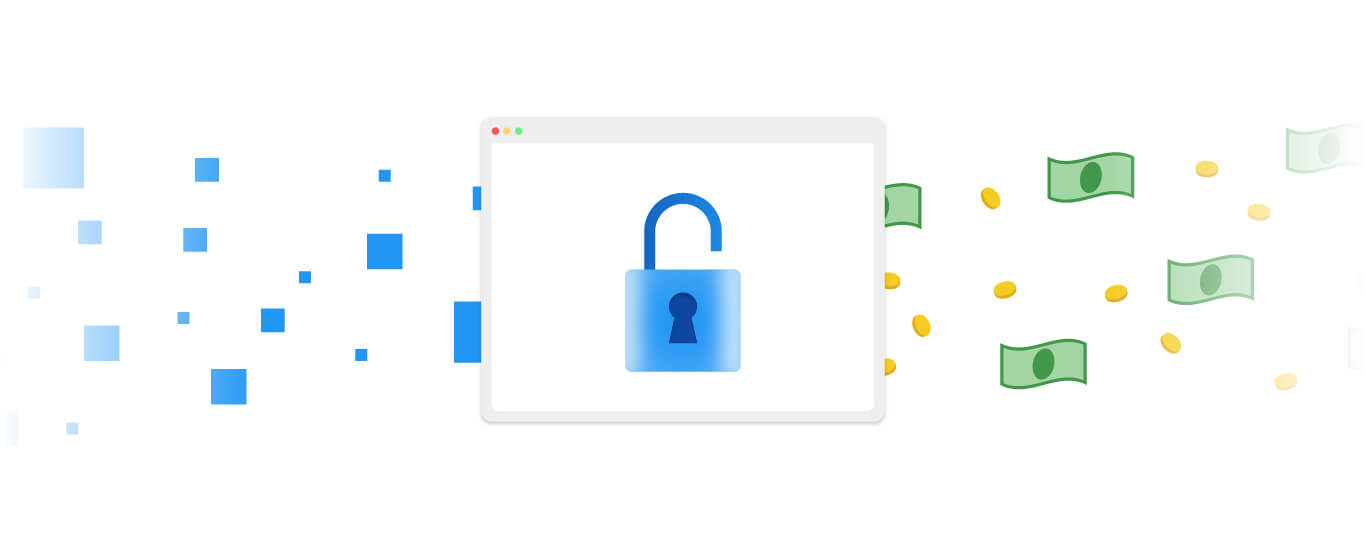Regulating Your Data & Who Gets It
Changes to FCC Policy Impact Who Can Gain Access to Consumer Information
Governments may impose regulations for many different reasons, from protecting consumers to defining how companies track communications. However, deciding which governing body wields authority can sometimes lead to redundancies, or cause gaps in oversight. This is what is playing out right now between consumers, internet providers, and the Federal Government, with each side arguing over a very valuable resource—your data.
So what is changing about access to your personal information, and who will this affect?
Who Gets Your Data?
The President made a controversial move back in April by signing a repeal of several broadband privacy regulations introduced in 2016. These FCC rules would have imposed restrictions on internet service providers (ISPs) regarding the use of customer data for marketing and advertising purposes. These companies would have been required to:
- Be transparent about the data they collect and with whom they share it;
- Obtain explicit consent before using customers’ private information;
- Take reasonable measures to protect that information;
- Inform customers within a week in the event of a major security breach;
The regulations would also have banned ISPs from offering price breaks to customers in exchange for broader access to their data.
It can be argued that these regulations hadn’t yet taken effect, so you aren’t technically losing any protections—you’re simply not gaining new ones. But even then, it’s not quite that simple.
FTC & FCC: What’s the Difference?
The Federal Trade Commission and the Federal Communications Commission are both agencies of the US Federal Government.
The purpose of the FTC is to enforce consumer protections and prevent anti-competitive business practices, while the FCC regulates interstate communication via radio, TV, satellite and cable. Each is comprised of numerous bureaus that enforce regulations and suggest new policy related to subjects within the Commission’s general scope of authority.
Why Repeal These Consumer Protections?
The primary argument for the repeal is that the rules were redundant. After all, it has traditionally fallen under the authority of the FTC—not the FCC—to enforce how internet providers handle customer data. However, this changed when the FCC assumed the role of regulating these companies back in 2015.
The FTC, which typically deals more directly with consumer issues than their counterparts, has a “Consumer Privacy Bill of Rights” in place. The FCC does not have an equivalent set of base provisions, and these regulations were meant as a stop-gap measure to fill that space.
The repeal takes the power to regulate internet providers out of the FCC’s hands, but does not turn that role back over to the FTC. Thus, neither organization currently has legal authority or tools to regulate internet providers, giving those companies substantial leeway in handling, recording, and selling customer information.
AT&T, Comcast, and Verizon all announced that they will voluntarily refrain from selling their customers’ internet browsing data. Verizon did reveal they use “de-identified” browsing information for aggregate big data analysis, though, to provide “insights that might be useful for advertisers and other businesses.”

Does This Mean We Have No Privacy Online?
The changes don’t necessarily mean it’s time to panic. After all, other companies like Google and Facebook have had access to this information for years. Allowing access to your data is widely regarded as a trade-off in exchange for the free services those companies offer.
There is an upside to the increased focus on personal information security. Discussing this subject more openly helps broaden the conversation and increase awareness of common and ongoing vulnerabilities.
You may be most interested in securing your data against companies that want access for marketing purposes. However, your ISP is far from the greatest threat you will face online.
Can You Control Access to Your Data & Who Gets It?
There are actions that can offer your data some extra protection. Below are a few tools that may provide you with a little added security while you browse:
HTTPS Everywhere
All URLs begin with either “HTTP” or “HTTPS”—the latter being the secured communication protocol, while the former is unsecured.
The HTTPS Everywhere extension treats all sites as HTTPS, encrypting browsers’ data so that third-parties cannot see any activity beyond the site’s base URL. While an observer may be able to see where you visit, they will not be able to see anything you do while there.
VPNs
Virtual private networks allow users to connect remotely to a private network. A VPN can help if you have multiple devices on the same network, as the VPN feeds all traffic through the same point. This makes it difficult for an observer to identify distinct data and pull any useful information from the network.
Tor Browser
Tor is a free-to-download web browser that directs all traffic through a global network of volunteer relays, enabling users to browse the internet in near-total anonymity.
Tor developed somewhat of a seedy reputation due to its association with the so-called “Dark Web.” You can still utilize Tor for commonplace, non-illicit uses, though, allowing you to surf without third-parties being able to track your movements.
Best Practices are Most Important
The above-mentioned tools can help keep your personal information secure, but the best method is personal accountability and adherence to best practices above all else:
- Keep antivirus software up-to-date. This will protect you against new threats as they develop.
- Utilize device firewalls. Firewalls intercept malicious software, allowing you to block communications from an attacker’s server.
- Avoid popup windows. Popup messages claiming that your computer is infected are fake. If this happens, open your task manager and close the browser immediately.
- Ignore suspicious email attachments. Do not open any email attachment you do not trust.
- Avoid Public Wi-Fi. Information exchanged via these networks are open to anyone in range. Public Wi-Fi should only be used with a VPN.
- Create secure passwords. Password-protect all your accounts and devices with complex, unique passwords, or utilize a service like LastPass.
You Are Your Own Best Defense
You should always take steps to protect your personal information, regardless of the regulations in place. Otherwise, ISPs collecting your data for marketing purposes will be the least of your worries.
Want to know more about personal security best practices? Curious how other regulatory changes might impact your personal security?
Contact eConsumer Services today
Our trained experts offer guidance to help protect your data against fraud, theft, malicious software, and the countless other threats facing consumers online.



